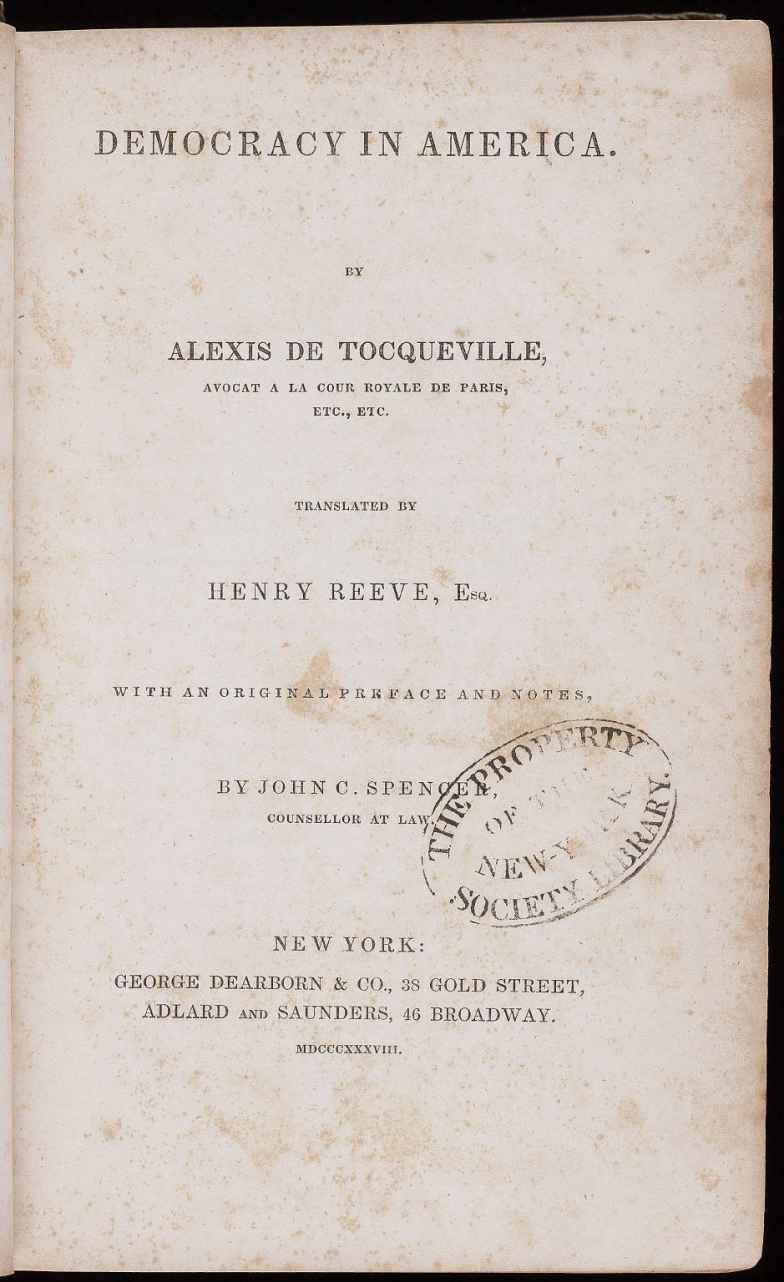Michele Bachmann’s much discussed “Tea Party Caucus” seems to be a good idea…at first.
What it’s supposed to do, as written by Morrissey;
Rep. Michele Bachmann (R-MN) got approval from the House to form a Tea Party Caucus, an official and voluntary organization within Congress. The TPC will join other special-interest caucuses like the Congressional Black Caucus, the Hispanic Caucus, and the Progressive Caucus, which mostly overlaps the previous two examples. Unlike the other caucuses, Bachmann intends to use the TPC to give a voice to ordinary Americans who feel cut out of the wheeling and dealing on Capitol Hill:
The idea is for the caucus to bring in “real people from various walks of life” to speak to its members about issues resonating within the Tea Party movement. “Usually we invite experts in,” Bachmann said of other caucuses in the House. “Well, these are experts in just being regular Americans,” she said.
The caucus is quickly evolving: Bachmann filed paperwork at end of last week to form the group, it was approved by House administration Monday, and now, the Minnesota congressman is out recruiting members for Wednesday’s inaugural meeting.
Bachmann was en route by air to Washington when the caucus was approved. “When I flew in, I was handing out invites to members of Congress to invite them to come to our first Tea Party Caucus tomorrow, and it’s all been very positive.”
So one gets the idea that this Tea Party Caucus would be one that listens to the people, follows the minimum basic desire to steer toward Constitutional principles, at least the members would be.
A look at the list of members of the Caucus;
The House Tea Party Caucus
Todd Akin (MO-2)
Michele Bachmann (MN-6)
Roscoe Bartlett (MD-6)
Joe Barton (TX-6)
Gus Bilirakis (FL-9)
Paul Broun (GA-10)
Michael Burgess (TX-26)
Dan Burton (IN-5)
John Carter (TX-31
John Culberson (TX-7)
John Fleming (LA-4)
Trent Franks (AZ-2)
Phil Gingrey (GA-11)
Louie Gohmert (TX-1)
Pete Hoekstra (MI-2)
Walter Jones (NC-3)
Steve King (IA-5)
Doug Lamborn (CO-5)
Cynthia Lummis (WY)
John Mica (FL-7)
Gary Miller (CA-42)
Jerry Moran (KS-1)
Mike Pence (IN-6)
Tom Price (GA-6)
Pete Sessions (TX-32)
Lamar Smith (TX-21)
Cliff Stearns (FL-6)
Todd Tiahrt (KS-4)
Joe Wilson (SC-2)
You note, one member is bolded, and here’s why;
The Truth or Dare blog points out that U.S. Rep. Walter Jones (NC-3) was one of only three Republicans who voted for the “Wall Street Reform” legislation last week, a bill that even 18 Democrats chose not to support.
The bill, listing just a few aspects of what it contains, dictates hiring quotas for financial firms, allows the federal government to take over what it deems “troubled” firms, and will regulate credit cards through the Bureau of Consumer Financial Protection.
More-
So, does this mean Rep. Jones will listen going forward? He’s sorry for betraying us in the past?
As linked immediately above, Truth or Dare called Jones’ office and got the following;
So why, why did our Republican Congressman cross party lines to vote for this bill? I asked Congressman Jones that question. Here is the response from his Legislative Aide:
With regards to the financial regulatory reform legislation, the Congressman acknowledges that the bill is far from perfect. There are many aspects of it he does not support, and it did not address some of the major problems that caused the financial crisis, namely Fannie Mae and Freddie Mac. However, it did include several provisions that he believes are important to reforming the financial sector and protecting American taxpayers and investors. For example, among other things, the Congressman strongly shares Congressman Ron Paul’s belief in the need to audit the Federal Reserve, which this bill will require. It also dramatically improves oversight and accountability of the derivatives market, the highly complex instruments which Warren Buffet has called “financial weapons of mass destruction.” It also places new requirements and oversight on the ratings agencies (i.e. S&P, Fitch, Moody’s, etc.) which, as you know, facilitated the implosion of the housing market by assigning AAA ratings to sub-prime mortgage bonds and sub-prime mortgage-backed derivative products. On balance, the Congressman believed that these and other reform provisions in the bill were preferable to the status quo.
This reply does not make clear which provisions he does not support. Sadly, I have to wonder just which provisions he opposes because one never knows with Congressman Jones. He was a Democrat once who changed his party affiliation to get elected. He took $10,000 from the SEIU. His core values are not evident. Clearly, though, they are not conservative. Otherwise why would he vote for a bill that had all this liberal garbage?
More-
Jones to me sounds like another Specter-esque party-switcher, flipping back and forth to whatever side will keep him elected, and his membership on the Tea Party Caucus tells me they’ll take just about anybody.
Kinda defeats the purpose, does it not?






























Pingback: What does it mean to be a member of the Tea Party Caucus if you vote for the Obama agenda? | Stix Blog ver 4.0